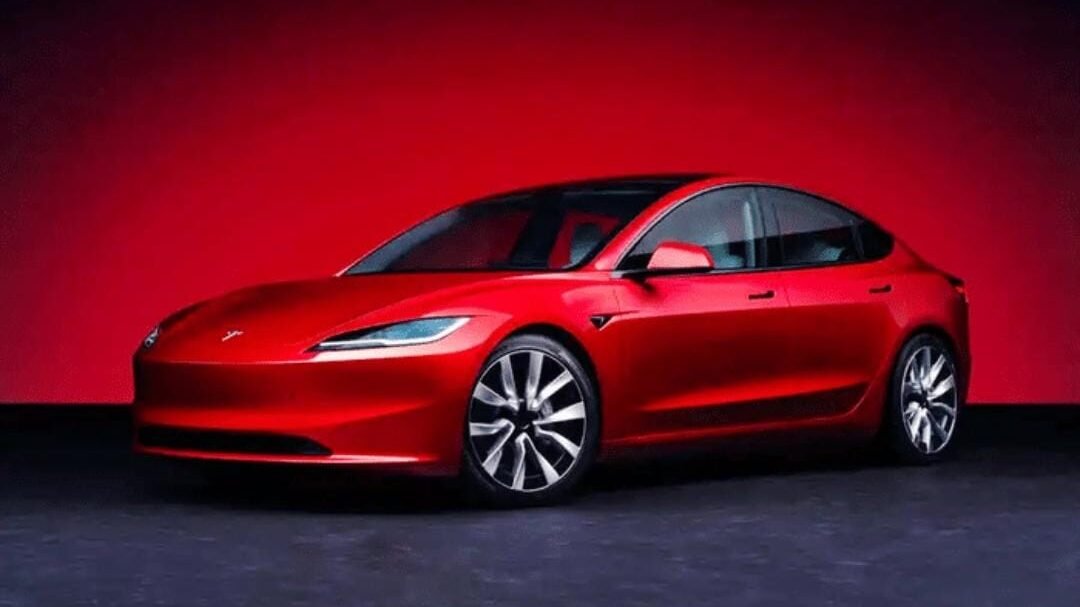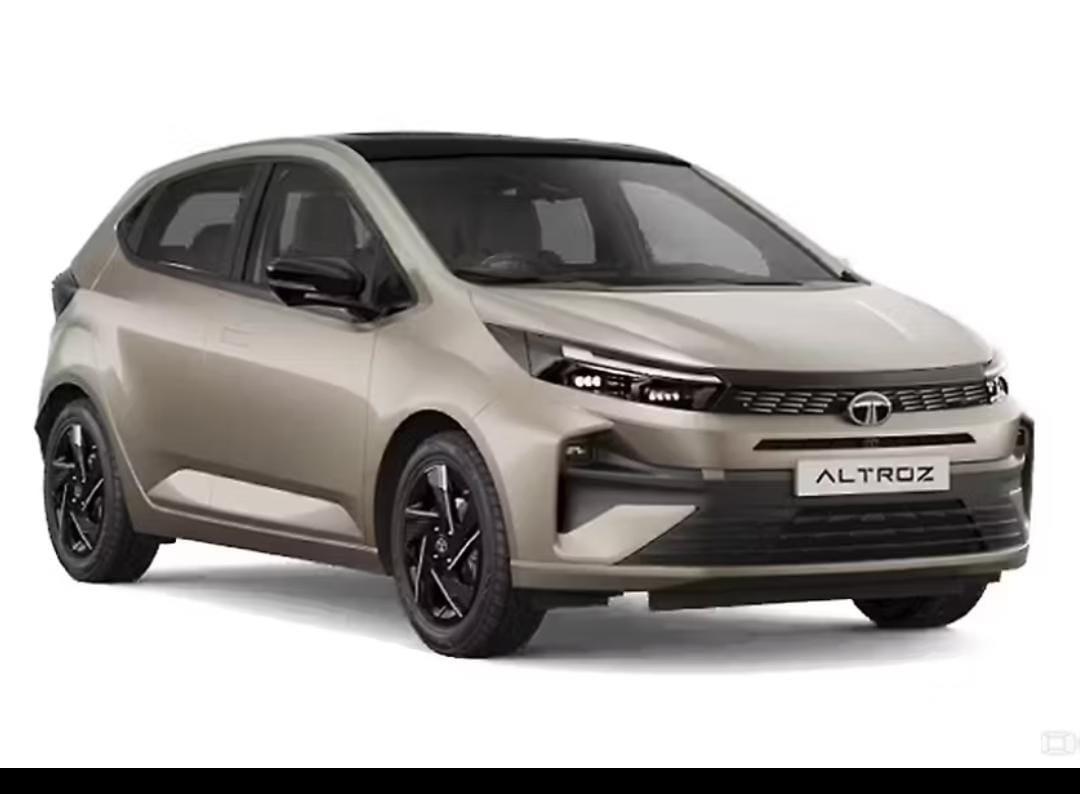Indian EV Market Updates – Price, Reviews & Future

Stay updated on the Indian EV market with the latest news on price, reviews, government policies, and charging infrastructure. Discover how electric mobility is shaping the future of transportation in India.
The Rise of Electric Mobility in India
The Indian EV market updates are a reflection of how fast the country is embracing sustainable transportation. In just a few years, electric vehicles have moved from being rare prototypes to a growing presence on Indian roads. From compact electric scooters to premium electric cars, the market is expanding rapidly as customers look for eco-friendly alternatives to petrol and diesel.
With rising fuel costs and increasing awareness of climate change, the shift toward electric mobility is no longer a choice but a necessity. Companies are racing to bring new models that balance affordability, technology, and performance, proving that the EV wave is here to stay.
Price Trends in the Indian EV Segment
One of the most discussed topics in the EV space is price. Initially, electric vehicles were seen as expensive, but that perception is changing. Entry-level EV scooters are now available starting from ₹80,000, while premium EV cars from brands like Tata, Hyundai, and MG are priced between ₹12 lakh and ₹25 lakh. The cost of battery technology is also falling, which will make EVs even more affordable in the coming years.
At the same time, government incentives like subsidies under FAME-II have helped bridge the gap between conventional vehicles and EVs, giving buyers more reasons to make the switch.
Reviews From Customers and Experts
Early reviews of EVs in India highlight both excitement and challenges. Customers praise the instant torque, silent driving experience, and low running costs. On the other hand, concerns about charging times, range anxiety, and battery replacement costs still linger.
Experts believe that as battery technology improves and charging networks expand, these challenges will fade. In fact, the current reviews already show a significant improvement compared to what EV owners reported just a few years ago.
Charging Infrastructure – The Backbone of EV Growth
No discussion on EV adoption is complete without talking about charging infrastructure. India is rapidly setting up charging stations across highways, metro cities, and even smaller towns. Companies like Tata Power, Statiq, and government initiatives are building networks that make it easier for EV owners to charge conveniently.
Fast-charging technology is also improving, reducing charging times from hours to minutes. This development will be a key factor in driving confidence among potential EV buyers.
Government Policies and EV Adoption
Supportive government policies are playing a major role in EV adoption in India. Tax benefits, registration fee waivers, and subsidies on EV purchases are encouraging buyers. Additionally, states like Delhi, Maharashtra, and Tamil Nadu have rolled out their own EV policies to create a friendlier ecosystem.
The adoption rate is expected to skyrocket as more models are launched, and with better infrastructure, India could become one of the largest EV markets globally in the next decade.
The Road Ahead for the Indian EV Market
Looking at the latest Indian EV market updates, it’s clear that the transition is gaining momentum. Prices are becoming more competitive, reviews are improving, and the ecosystem of charging and policies is growing stronger. While challenges remain, the foundation is set for electric mobility to become mainstream in India.
For both consumers and automakers, the coming years will define the shape of India’s mobility sector. The EV revolution isn’t just about vehicles — it’s about creating a cleaner, smarter, and more sustainable future for the country.
Conclusion
The Indian EV market updates prove that the future of mobility is electric. With improving price structures, better reviews from users, growing charging infrastructure, and strong government policies, India is on track to lead the EV transformation. For buyers, this is the right time to consider making the switch to electric — a decision that benefits both the environment and their wallets.
Disclaimer
This blog is for informational purposes only. Prices, reviews, and features may vary depending on models, cities, and government updates. Readers are advised to check the latest details from official automaker websites and authorized dealerships before making purchase decisions.
ALSO READ :-
TATA Harrier Price – Premium Design and Road Presence
Car Not Starting but battery is fine Problem: Easy Fixes You Can Try Before Visiting a Mechanic

